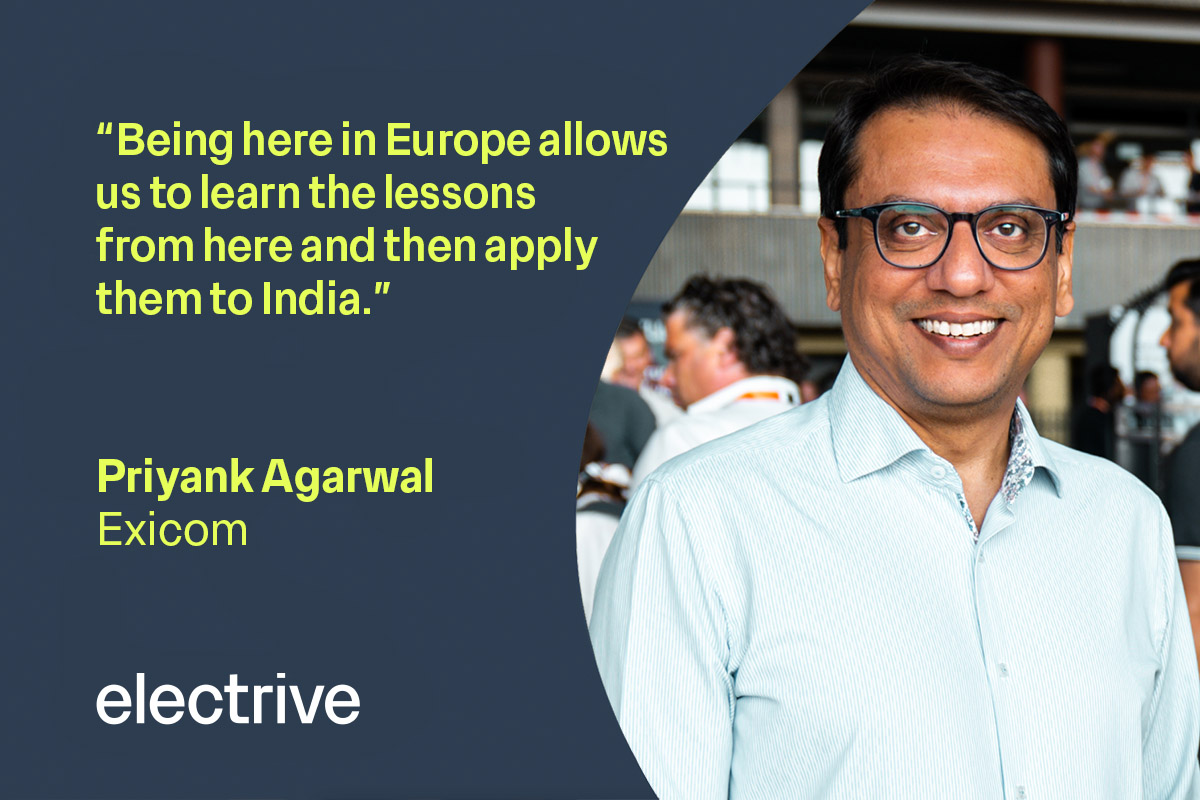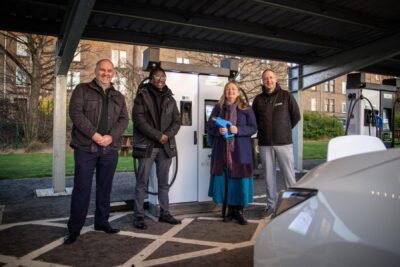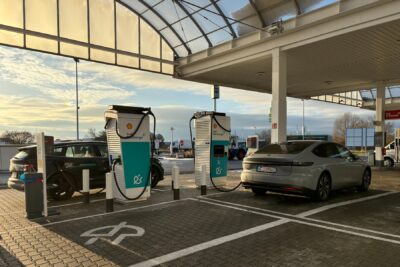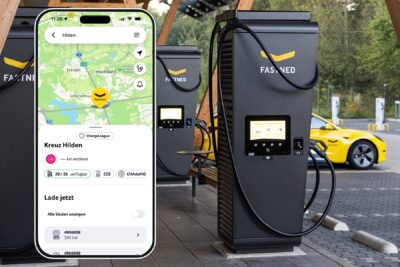Priyank Agarwal from Exicom: Applying lessons learned in Europe to the Indian market
Exicom is India’s largest EV station manufacturer and the new owner of Tritium, which it recently took over. In 2023, Exicom produced about 40,000 AC and 2,000 DC chargers, and it is building a new factory to increase the annual capacity to 180,000 AC and 30,000 DC chargers. “So we are big,” Priyank Agarwal, Vice President of Strategy and Business Development at Exicom.
And the company is looking to get even bigger. “In the last 18 months, we have been looking to expand beyond our home market,” Agarwal explains. “And then Tritium came along, and it just fits beautifully.”
Exicom announced the takeover in early August. It also includes Tritium’s factory in the US state of Tennessee and the development centre in Brisbane, Australia. Tritium had closed its production facility there following the start of financial issues in late 2023. “We now see ourselves as stepping onto the world stage and being a global provider of solutions and really being one of the top three players in the next three years.”
Exicom is primarily interested in Tritium’s technology. It uses liquid cooling for its chargers, while Exicom has so far opted for air cooling. “We believe, with the same of the liabilities gone, Exicom plus Tritium can resurrect Tritium to what we are calling Tritium 2.0.”
The Indian manufacturer recently signed another deal – not with another manufacturer or possible client, but with a roaming provider, namely with Hubject. According to Agarwal, “for a manufacturer, this deal doesn’t make any additional sense.”
“This deal is specifically for the Indian market. We are a big player in this market, and need it to grow even faster. A partnership with Hubject helps us deliver that. […] So this partnership is more about expanding the market for India, not really for us as a hardware manufacturer.”
Compared to Europe, India’s EV charging market is still “a few years behind.” But Agarwal sees it catching up, as the government is implemeting EV friendly policies and fleets are opting to go electric, because it is more economical. “By 2030, we are projecting more than two million [electric] four-wheelers on the road,” he says, adding that the number of charging station will likely grow twelvefold, reaching 100,000 units by the end of the decade.
Moreover, being behind is not always a bad thing. “Being here in Europe allows us to learn the lessons from here and then apply them to India,” says Agawall. For instance, he embraces the emphasis on reliability “and fixing stuff quickly.” That also includes offering remote diagnostics for chargers, something Exicom has now implemented. “So when our technician goes to the charger, he doesn’t go for diagnostics but to fix it.”
That also applies to regulations concerning, for example, safety and plug-and-charge. The latter is not (yet) regulated in India, but Agarwal says that it is useful to adapt to standards that apply elsewhere to “have it in the portfolio” and to be ready to introduce it on the home market when it is adopted there.





0 Comments